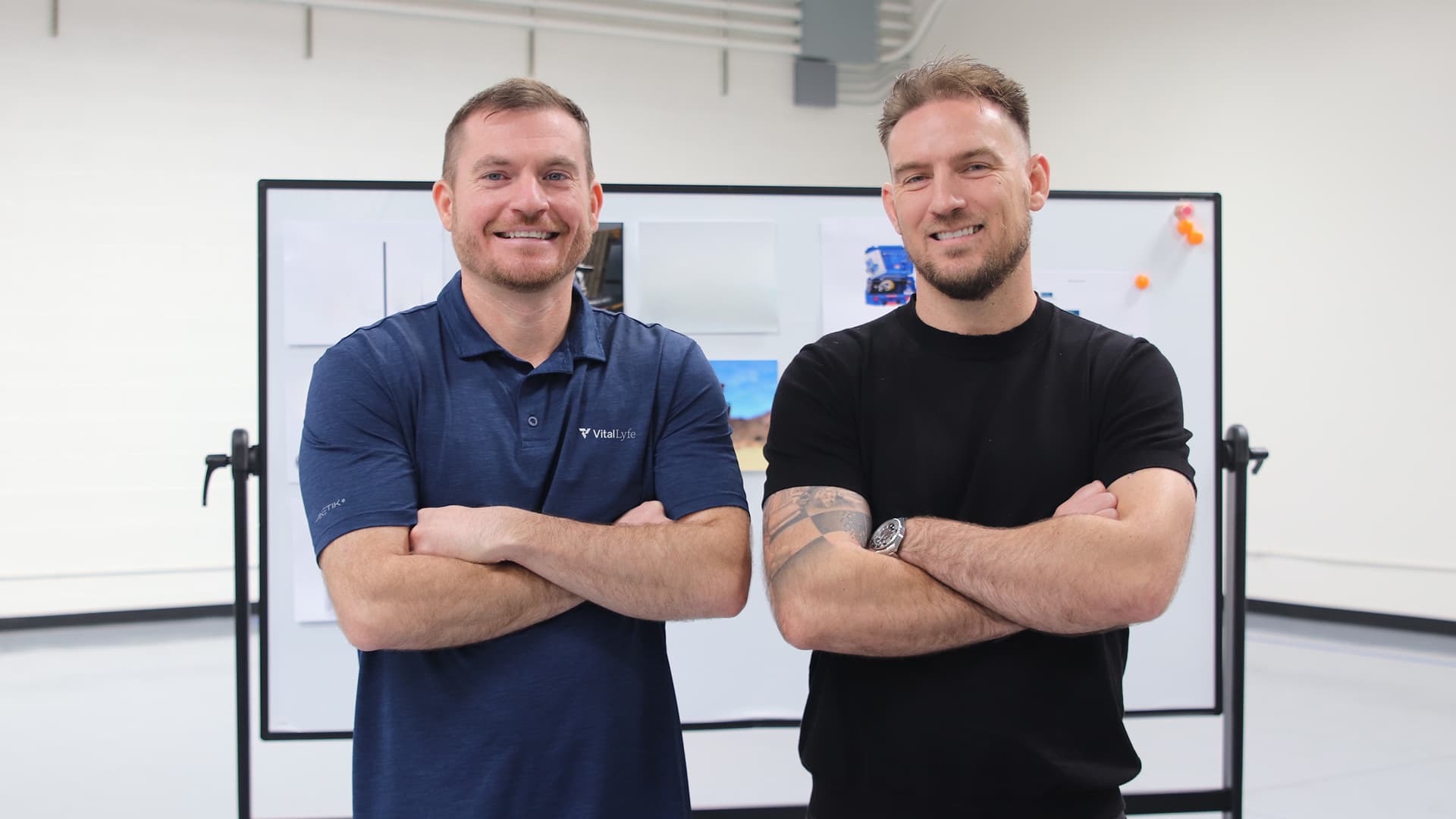Table of contents
In the spring of 2017, I did something a little unconventional: I left Silicon Valley to travel the world for a year. While investing at a major VC firm during the years prior, I had the opportunity to watch some great portfolio companies help usher in the “retail leapfrogging” that many of us have observed in the last decade in China. Here, fewer brick and mortar retailers have been built compared to the US or Western Europe, as innovative businesses born on the internet took their places to serve the evolving consumption habits of consumers. A decade in and we see the result: eCommerce penetration in China surpassed the US sometime in 2011-2012 and grew to 24% of retail sales early last year, vs. 11% in the US. I found the opportunity the internet presented in emerging markets to be both fascinating and powerful, and there was something very enticing about the thought of being on the ground to observe the new dynamics of consumer behavior that were quickly emerging as hundreds of millions of people came online. So in 2017, I spent a few months at a time in places like China, India, Indonesia, and many other parts of Southeast Asia. I am forever grateful to all the creators, company builders, investors, government officials, and people who taught me so much about the world away from Silicon Valley. I had many observations from that trip, but a couple of core ones stuck with me.
The first is how large, but unorganized, chat commerce was and still is in many parts of the world, especially India and Southeast Asia. When I say chat commerce, I refer to the commercial intent that flows through messaging apps like WhatsApp, WeChat, Line, Facebook Messenger, etc. Unlike in the US or China, where platforms like Alibaba or Amazon were founded in the late 90s to organize commerce starting on desktop internet, large eCommerce platforms in India and Southeast Asia came along much later and coincided with the birth of mobile internet. When people come online, one of the first things they do is chat, and absent a scaled eCommerce selling platform (until more recently), enterprising sellers often organize themselves around selling via messaging apps and social networks, where chat replicates the vibrant buying behaviors of consumers in offline markets. Over a decade earlier, this same behavior was observed in China and well put in the book Alibaba: The House That Jack Ma Built, “…[Unlike their competitor eBay], Taobao actively encouraged communications between the transacting parties by setting up bulletin boards and…an embedded, proprietary chat window. Buyers on the site use the service to haggle with sellers, which resonates well with the vibrant marketplace culture in China. Communication is a key underpinning of commerce…” Today, commerce chat communities continue to pop up and grow all over the globe, and many of them are still largely unorganized — having yet to solve for problems like trust and safety, logistics, and payments. However, when they (or another platform leveraging their community behaviors) do solve these problems, they often grew faster than commerce companies of generations prior because of the inherent virality of chat networks. To date, some very large companies have been built by organizing chat commerce or leveraging chat platforms as a way to kickstart their communities. I believe a few more great companies will be born across the world tapping into these unique consumer behaviors.
My second observation is that across countries, people in metros are increasingly having more in common with each other than they are with their tier 2/3/4 city cousins. This is not an accident. Social media and the internet have disseminated culture faster and more globally than ever before. Metro-city consumers tend to be more well travelled, global, and are more likely to have friends or family abroad. A consumer in Mumbai (especially young consumers) may increasingly have more in common with someone in London and New York City than they do with someone in Rewari, India. For this reason, we are seeing all kinds of new internet companies bifurcating along metro and non-metro in developing markets. I have found this to be true across media, ecommerce, and financial services.
Many great companies of tomorrow should continue to be built at the intersection of these 2 trends: organizing behaviors on chat and social commerce while building unique business models to serve the next billion consumers in non-metro cities. This is why I’m excited to announce General Catalyst is partnering with Angad Kikla, Naisheel Verdhan, and the team at CityMall. CityMall is a community group buying leader leveraging chat commerce to serve tier 2+ cities and towns in India, starting with grocery. eCommerce penetration in India is still <5% as of 2020, and within grocery which is a $600B+ TAM and over 60% of retail spending, this penetration is less than 0.5%. In the early days of eCommerce in any market, the biggest barriers to adoption are manifold, but a few key things to solve for are: 1) trust; 2) logistics; 3) customer acquisition. Many consumers in the metro cities of India are well-served by direct-to-consumer models that have existed for years; however, cracking lower-tier city adoption where the majority of India’s population lives presents a unique problem: consumers newer to internet lack the trust or experience to buy things online…even features like a virtual shopping cart and checkout button may be a foreign concept to them. Logistics costs can be quite expensive, especially when serving a customer base that is consuming at much more modest basket sizes. All these issues compound to create high customer acquisition costs that don’t scale efficiently without high purchase frequency.
By tapping into the entrepreneurial energy of community leaders, CityMall has created an elegant solution to these problems. CityMall offers community leaders a storefront on an app and on WhatsApp with over 1,800K SKUs for their customers. These community leaders tap into their social networks on platforms like Whatsapp for customer acquisition, engagement, and support. This allows CityMall to acquire customers efficiently while creating high trust. Community leaders also aggregate orders and take care of last mile logistics in order to drive down delivery costs. Through all this, CityMall offers an attractive value proposition to the end consumer – the price and choice of a supermarket, but the convenience of a local Kirana store. CityMall is doing this while democratizing business creation opportunities for many. We have observed that when community leaders feel ownership of their businesses, they have a vested interest in creating a high NPS experience for their customers, which creates a flywheel that fosters trust, retention, and word of mouth.
We are proud to be partnering with Angad, Naisheel, and the CityMall team to build an enduring Company serving the next few hundred million consumers in India. CityMall joins GC’s growing family of Companies in India, including: CRED, Spinny, FamPay, and many more to come.









_r2_v1%20(1).jpg)
_r3_v1.png)

